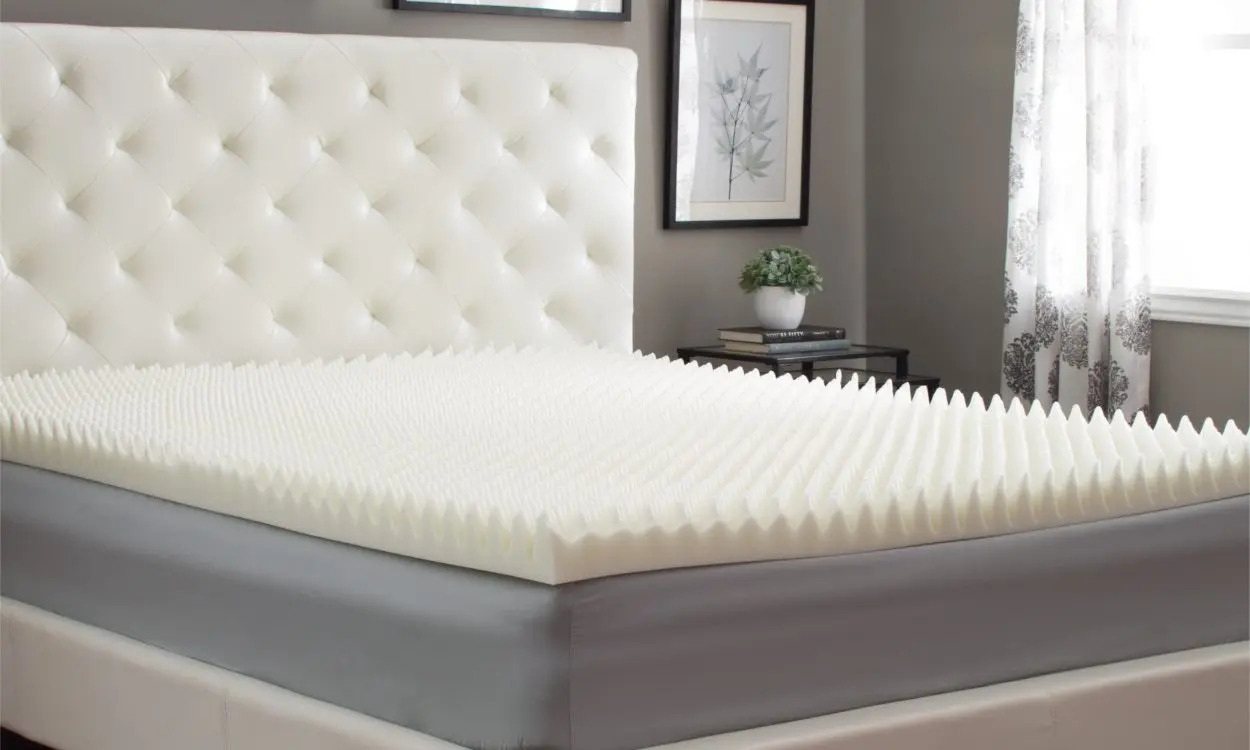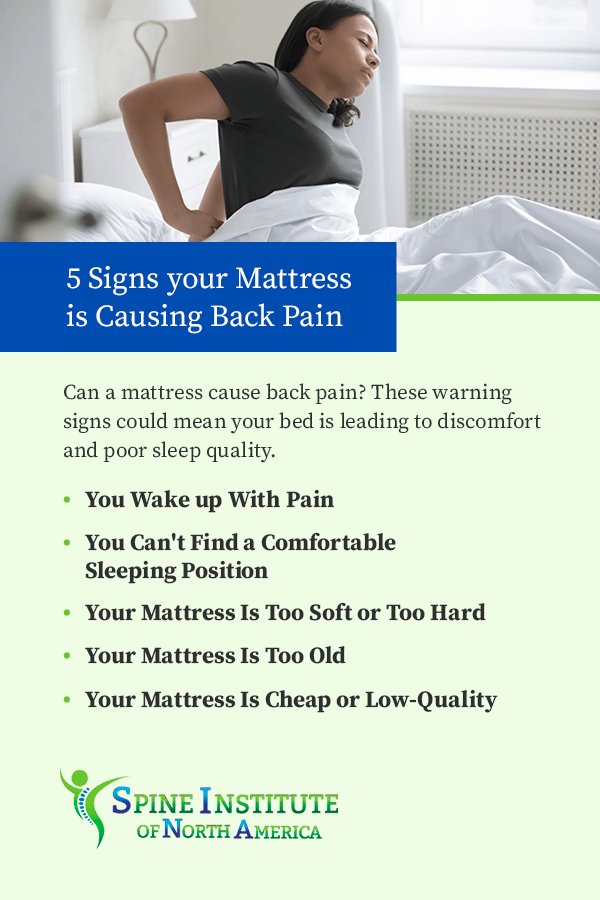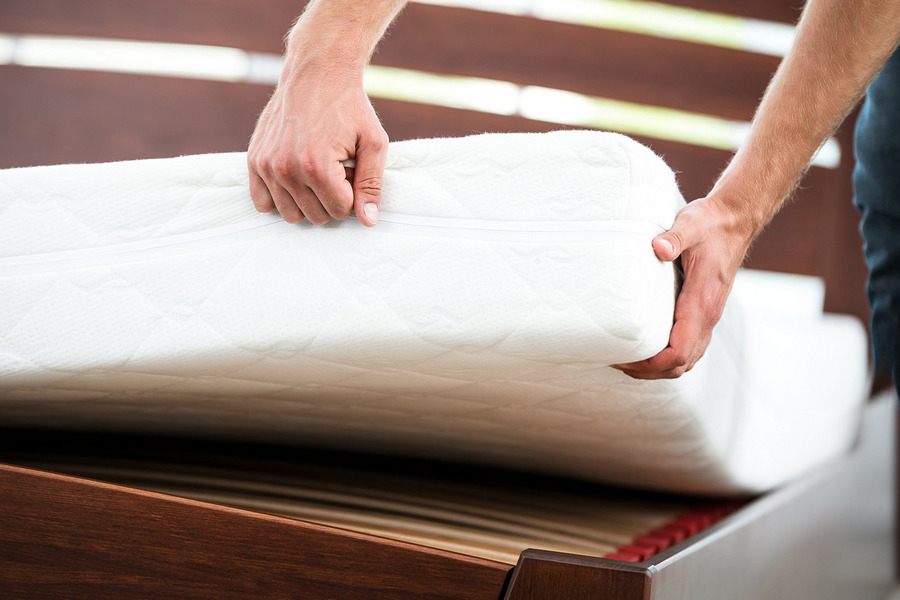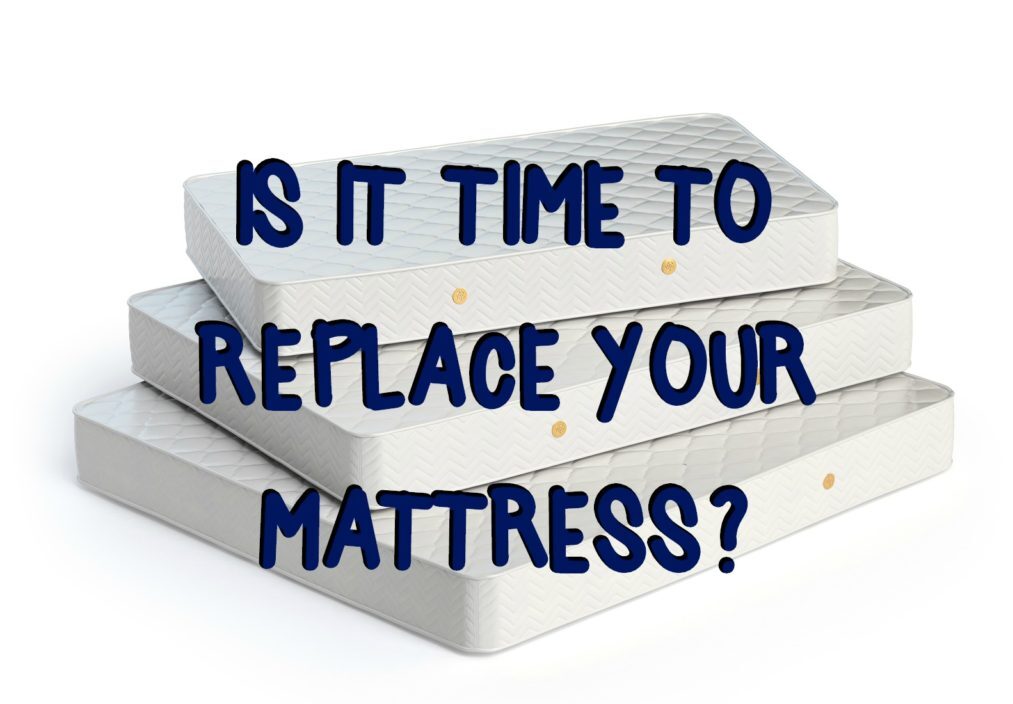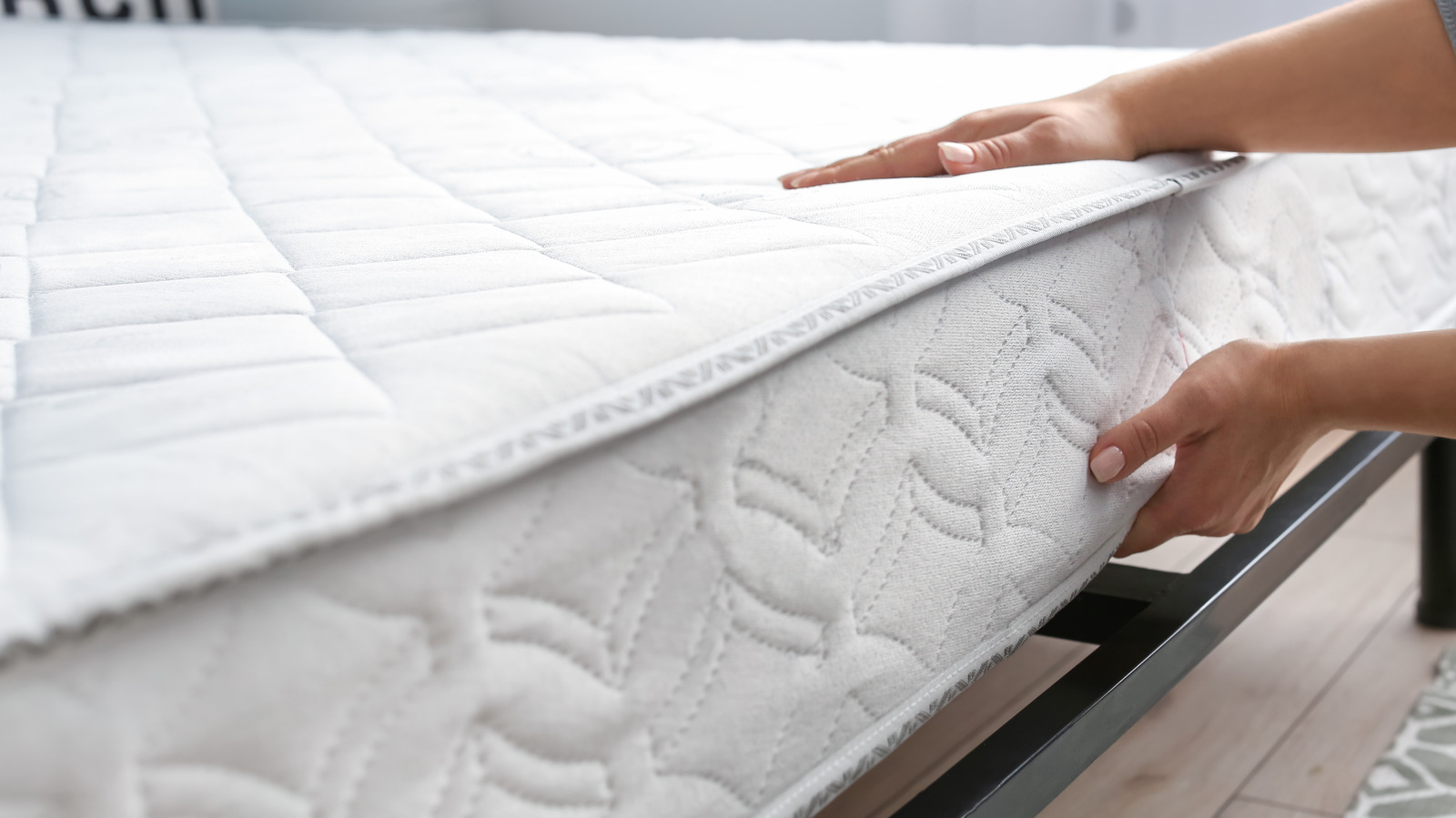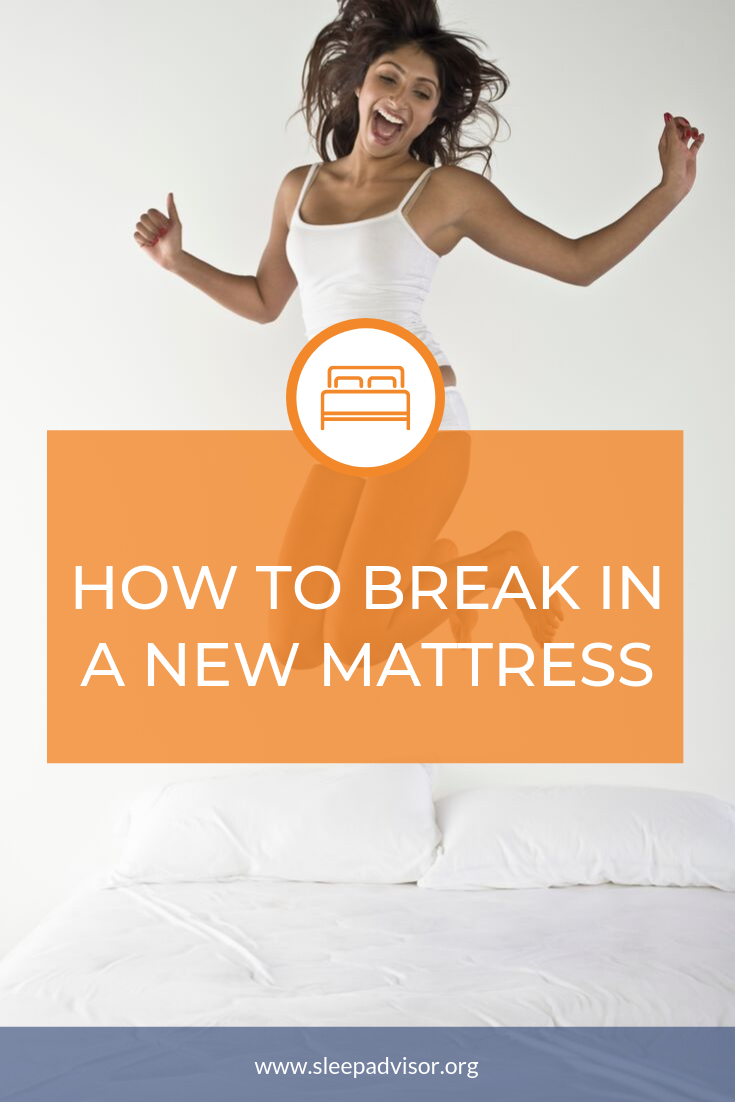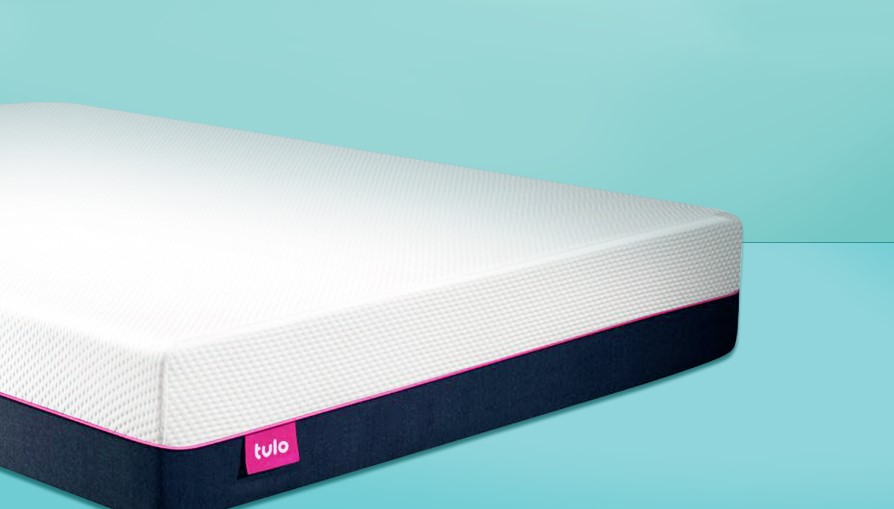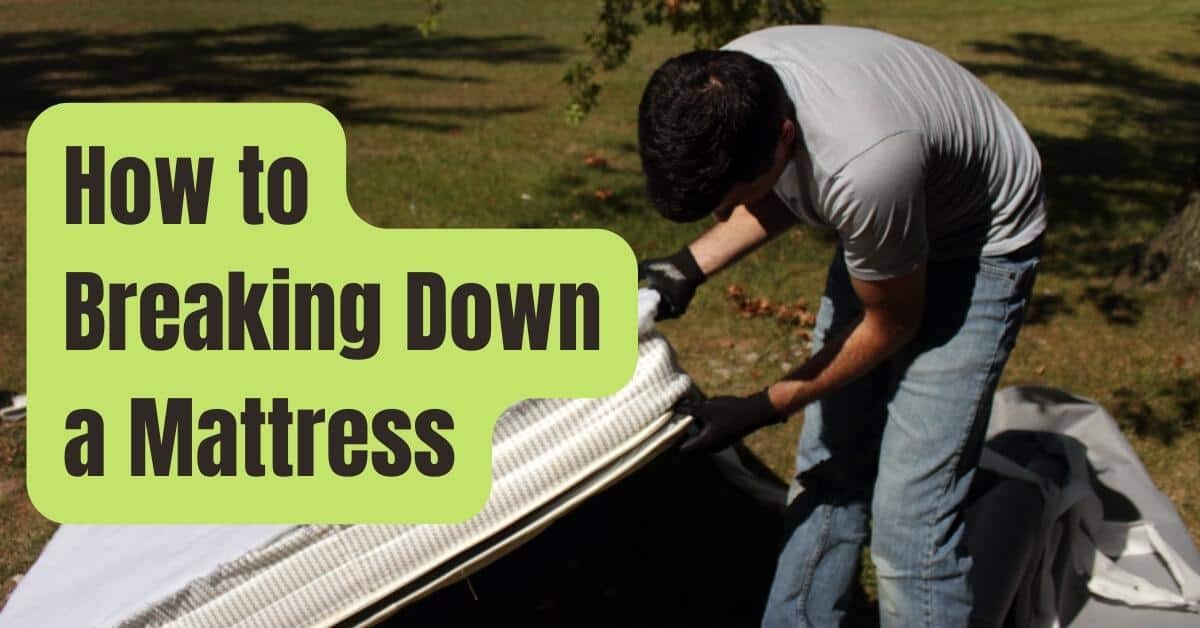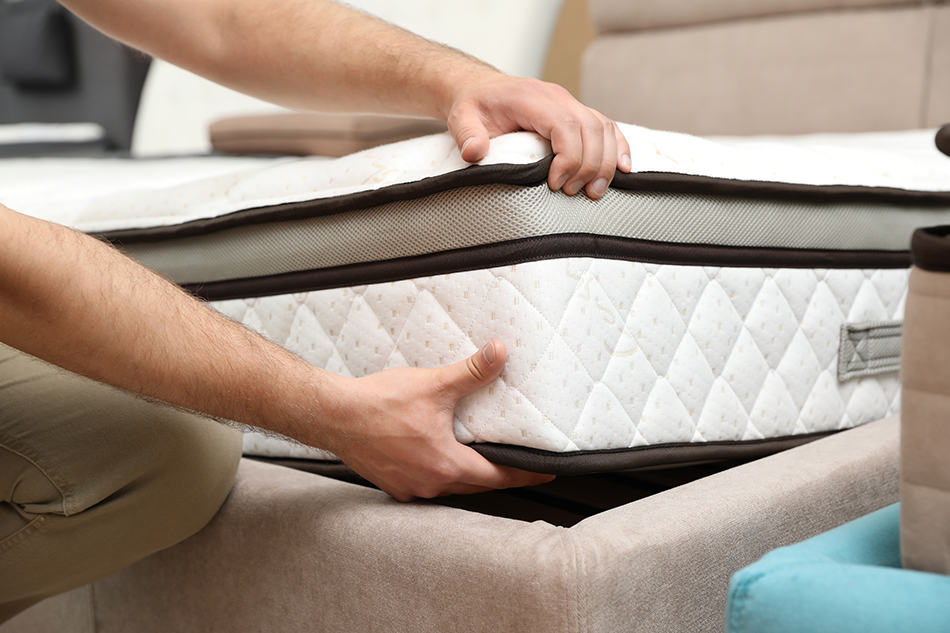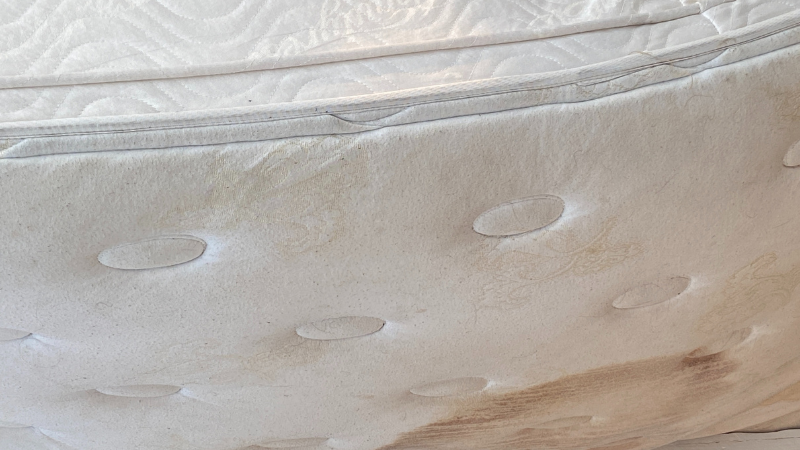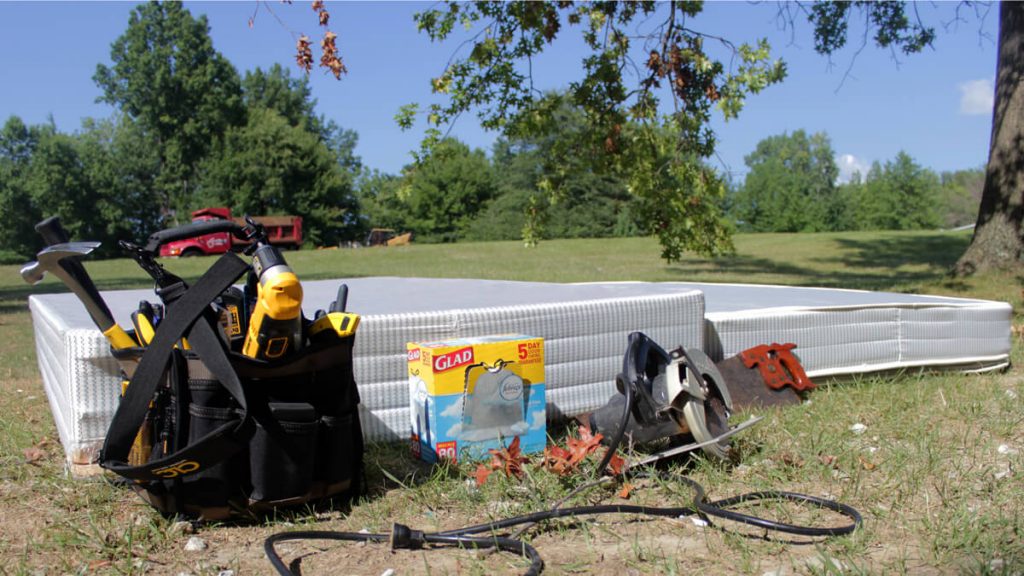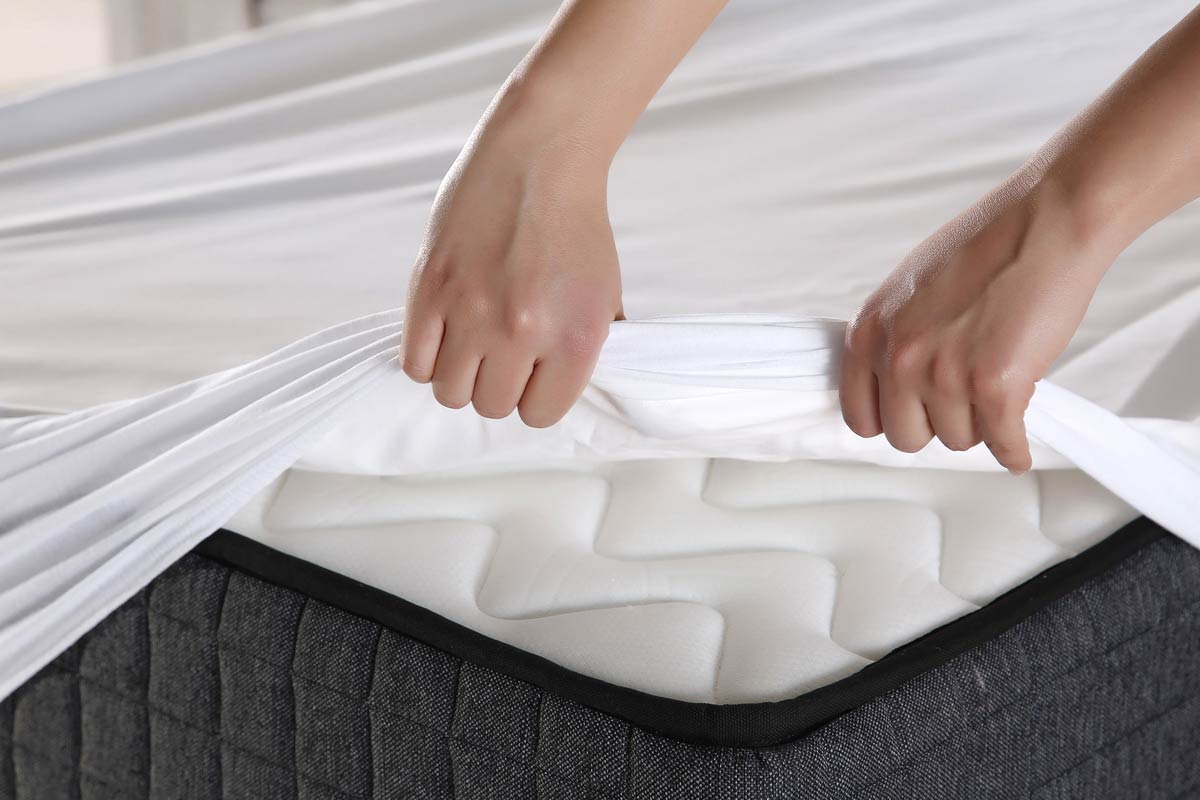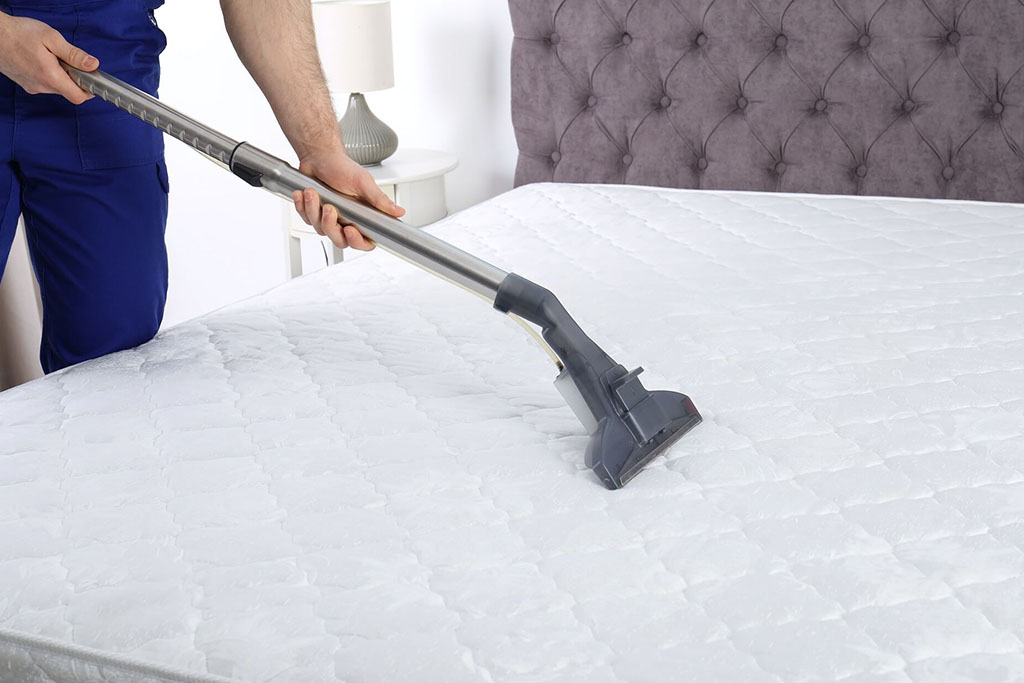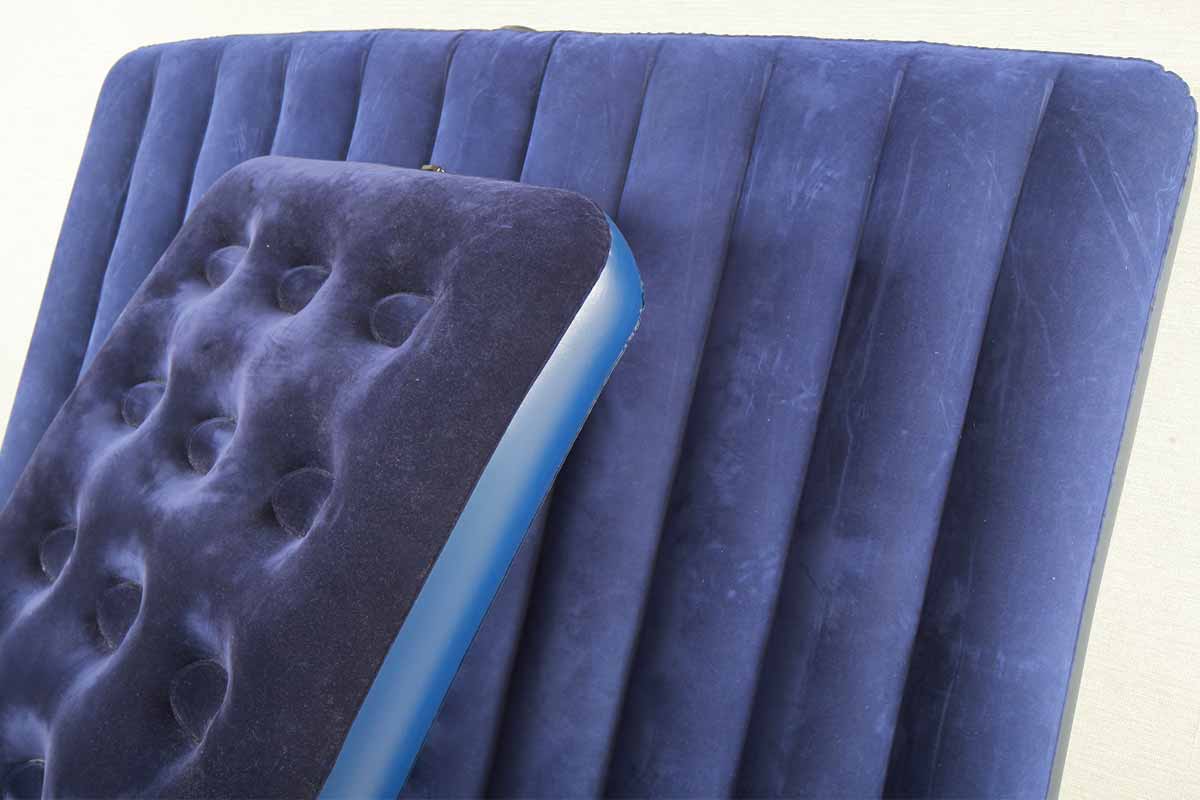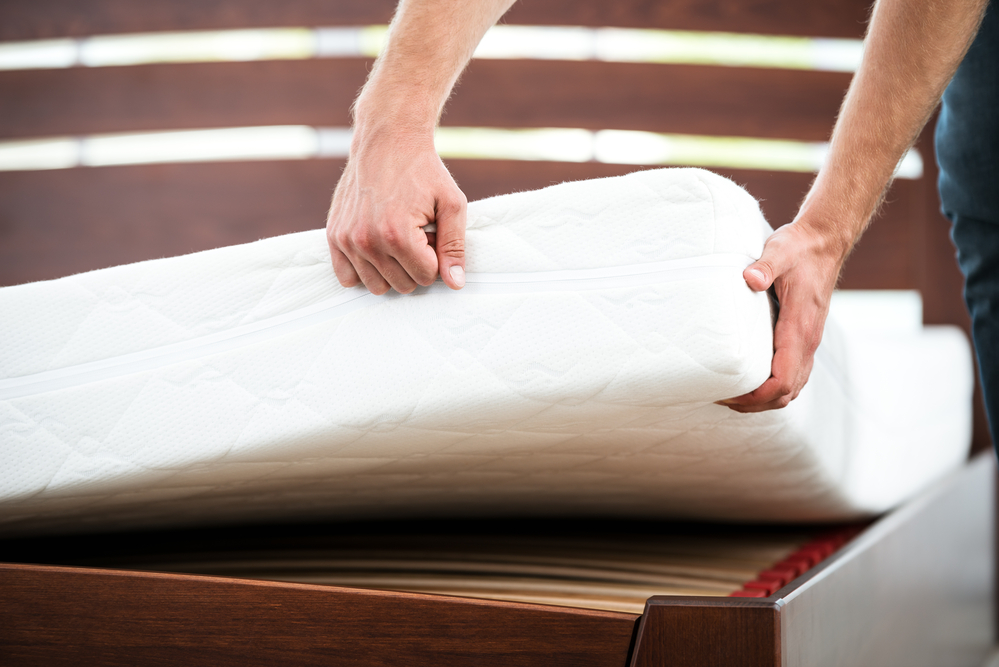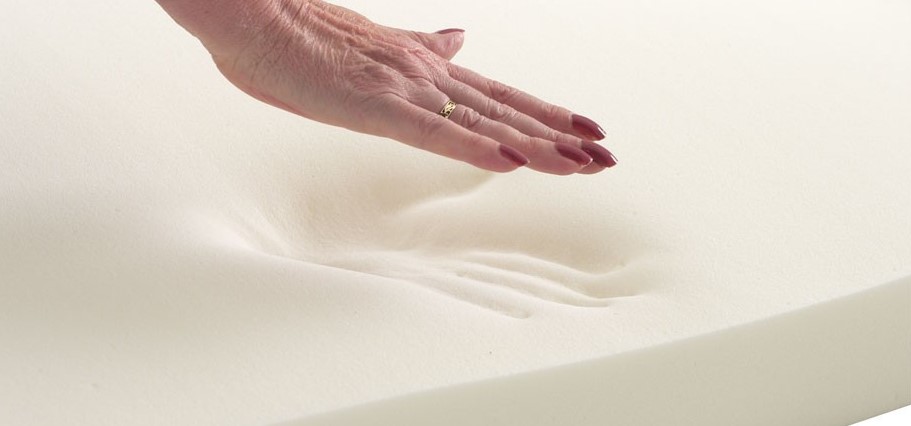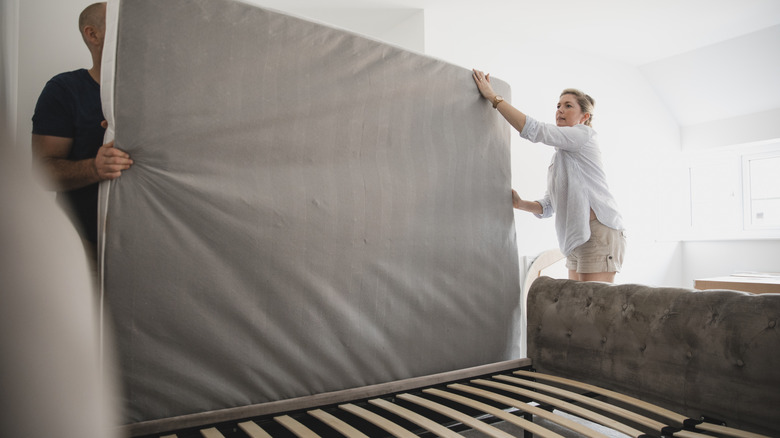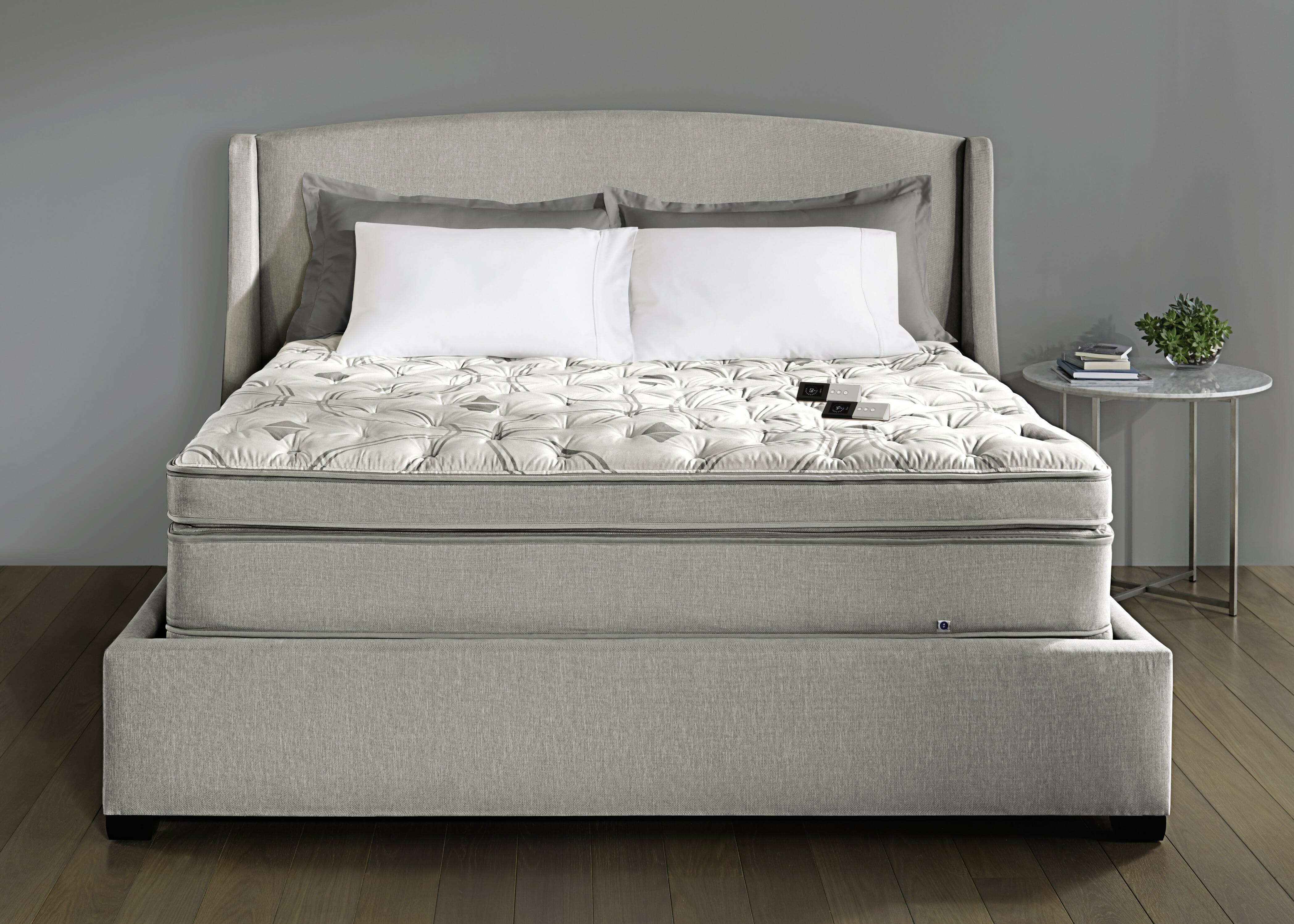Can a Mattress Break? Here's What You Need to Know
When it comes to our mattresses, we often take them for granted. We expect them to provide us with a comfortable and supportive place to sleep every night, but we rarely think about what would happen if they were to break. Can a mattress really break? The short answer is yes, but there's more to it than that. In this article, we'll explore the signs of a broken mattress, what causes them to break down, and how to prevent it from happening. So let's dive in and learn more about this important topic.
Signs Your Mattress is Broken and Needs to be Replaced
One of the most obvious signs that your mattress is broken is that it's no longer providing you with a good night's sleep. If you wake up feeling tired, stiff, or sore, it could be a sign that your mattress is no longer able to support your body properly. You may also notice sagging or lumps in the mattress, which can make it uncomfortable to sleep on. Another sign is if you find yourself tossing and turning throughout the night, unable to find a comfortable position. If you're experiencing any of these issues, it may be time to replace your mattress.
How to Tell if Your Mattress is Worn Out and Needs to be Replaced
It's important to know the difference between a broken mattress and a worn-out mattress. While a broken mattress may have visible signs of damage, a worn-out mattress may still look fine on the surface. To determine if your mattress is worn out, pay attention to how long you've had it. Most mattresses have a lifespan of 7-10 years, so if yours is older than that, it's likely time for a replacement. You can also check for signs of wear and tear such as stains, tears, or an overall lack of support.
What Causes a Mattress to Break Down?
There are several factors that can contribute to a mattress breaking down over time. The most common cause is simply wear and tear from regular use. As we sleep on our mattresses every night, the materials and support systems can start to break down and lose their effectiveness. Other factors that can contribute to a mattress breaking down include improper support, exposure to moisture, and not rotating the mattress regularly.
How to Prevent Your Mattress from Breaking Down
The best way to prevent your mattress from breaking down is to take good care of it. This means following the manufacturer's guidelines for support and maintenance, such as using a proper bed frame and rotating the mattress every few months. You can also invest in a mattress protector to help prevent stains and moisture from damaging the mattress. Additionally, avoiding jumping or putting excessive weight on the mattress can help prolong its lifespan.
Common Mattress Problems and How to Fix Them
Aside from a broken or worn-out mattress, there are other common problems that can occur with mattresses. For example, some people may find their mattress is too hot, too cold, or too firm for their liking. Luckily, many of these issues can be fixed with the right accessories, such as a cooling mattress topper or a mattress topper for added softness. It's important to identify the root cause of your discomfort and find a solution that works for you.
When to Replace Your Mattress: A Guide
If you're still unsure about when to replace your mattress, here's a simple guide to help you out. If your mattress is older than 7-10 years, is showing visible signs of damage, or is no longer providing you with a comfortable and supportive sleep, it's time for a replacement. Additionally, if you're experiencing chronic pain or discomfort, it may be worth considering a new mattress to see if it improves your sleep quality.
How Long Should a Mattress Last?
The lifespan of a mattress can vary depending on the type, quality, and usage. As mentioned earlier, most mattresses have a lifespan of 7-10 years, but some may last longer or shorter depending on the factors mentioned above. It's important to pay attention to how your mattress is performing and replace it when necessary to ensure you're getting the best sleep possible.
What Happens When a Mattress Breaks?
When a mattress breaks, it means that it can no longer provide the necessary support and comfort for a good night's sleep. This can lead to discomfort, pain, and poor sleep quality. Additionally, a broken mattress may also have visible signs of damage, such as sagging or lumps, which can affect the appearance of your bedroom. It's important to address a broken mattress as soon as possible to avoid further discomfort and potential health issues.
How to Dispose of a Broken Mattress
When it's time to replace your broken mattress, it's important to dispose of it properly. Many cities have specific guidelines for disposing of mattresses, so be sure to check with your local waste management agency. You can also contact a mattress recycling facility, which will dismantle and recycle the materials from your old mattress. This is a more eco-friendly option than simply throwing it in a landfill.
The Importance of a Good Mattress for Your House Design

Can a Mattress Break?
 A mattress is an essential part of any bedroom and plays a significant role in the overall house design. It provides the necessary comfort for a good night's sleep and also adds to the aesthetic appeal of the room. However, like any other product, a mattress is not invincible and can break or become damaged over time. So, can a mattress break? The answer is yes, and here's why.
Wear and Tear:
Just like any other item in your home, your mattress goes through regular wear and tear. Whether you have a foam, innerspring, or hybrid mattress, it will eventually show signs of aging. The continuous weight and movement of your body can cause the mattress to lose its shape and support, leading to discomfort and poor sleep quality.
Poor Maintenance:
Another reason for a mattress to break down is improper maintenance. Many people overlook the importance of flipping or rotating their mattresses, which can lead to uneven wear and sagging over time. Additionally, spills, stains, and lack of regular cleaning can also contribute to the deterioration of your mattress.
Low-Quality Materials:
The quality of materials used in a mattress can also determine its lifespan. Lower quality foam or coils can break down faster, leading to a shorter lifespan for the mattress. This is why it's essential to invest in a good quality mattress that will last longer and provide better support and comfort.
Overloading:
Your mattress is designed to support the weight of your body, but overloading it with too much weight can cause it to break down faster. For example, jumping on the bed or placing heavy objects on the mattress can put excessive pressure on the springs or foam, causing them to wear out faster.
In conclusion, while a mattress can break, it is not something that happens overnight. With proper maintenance and care, you can extend the life of your mattress and enjoy a comfortable sleep for years to come. It is also important to invest in a good quality mattress that is made with durable materials and can withstand regular wear and tear. So, take care of your mattress, and it will take care of you.
A mattress is an essential part of any bedroom and plays a significant role in the overall house design. It provides the necessary comfort for a good night's sleep and also adds to the aesthetic appeal of the room. However, like any other product, a mattress is not invincible and can break or become damaged over time. So, can a mattress break? The answer is yes, and here's why.
Wear and Tear:
Just like any other item in your home, your mattress goes through regular wear and tear. Whether you have a foam, innerspring, or hybrid mattress, it will eventually show signs of aging. The continuous weight and movement of your body can cause the mattress to lose its shape and support, leading to discomfort and poor sleep quality.
Poor Maintenance:
Another reason for a mattress to break down is improper maintenance. Many people overlook the importance of flipping or rotating their mattresses, which can lead to uneven wear and sagging over time. Additionally, spills, stains, and lack of regular cleaning can also contribute to the deterioration of your mattress.
Low-Quality Materials:
The quality of materials used in a mattress can also determine its lifespan. Lower quality foam or coils can break down faster, leading to a shorter lifespan for the mattress. This is why it's essential to invest in a good quality mattress that will last longer and provide better support and comfort.
Overloading:
Your mattress is designed to support the weight of your body, but overloading it with too much weight can cause it to break down faster. For example, jumping on the bed or placing heavy objects on the mattress can put excessive pressure on the springs or foam, causing them to wear out faster.
In conclusion, while a mattress can break, it is not something that happens overnight. With proper maintenance and care, you can extend the life of your mattress and enjoy a comfortable sleep for years to come. It is also important to invest in a good quality mattress that is made with durable materials and can withstand regular wear and tear. So, take care of your mattress, and it will take care of you.







